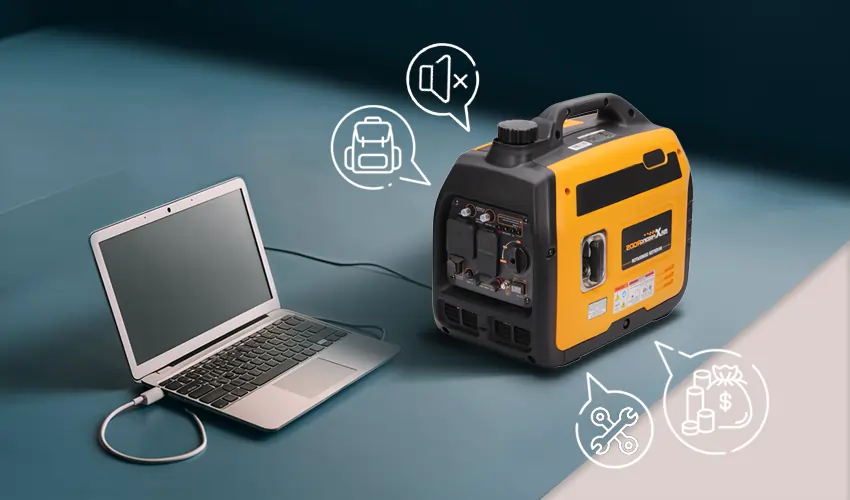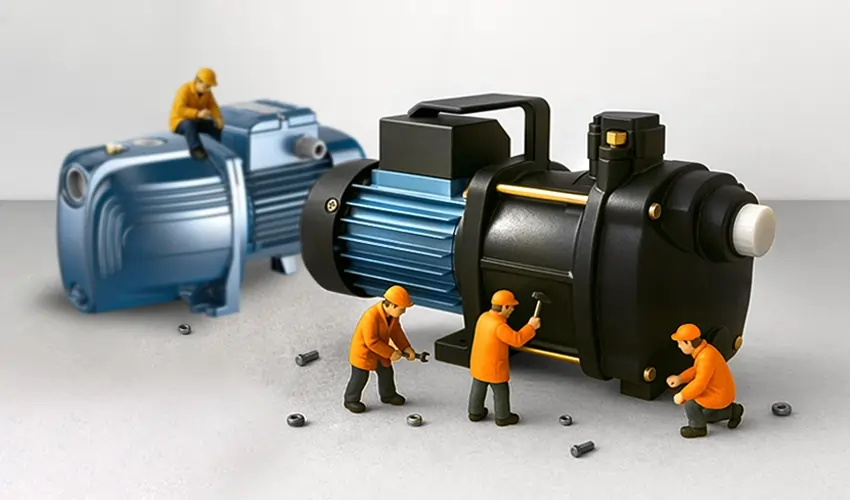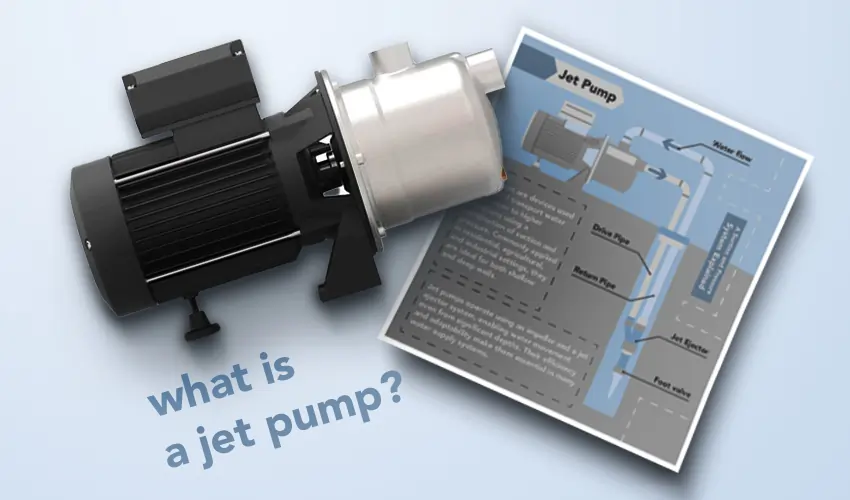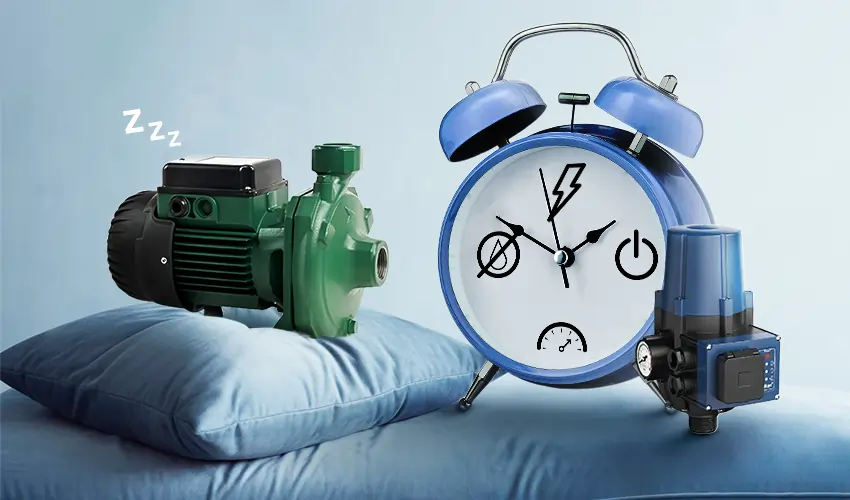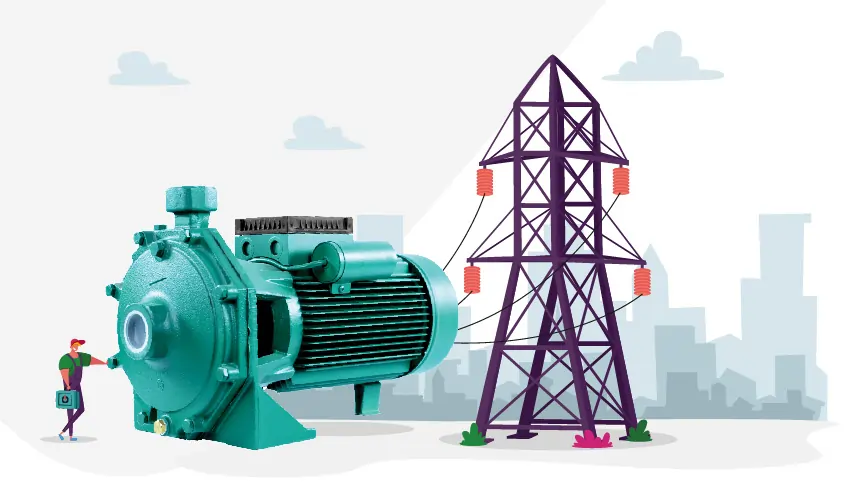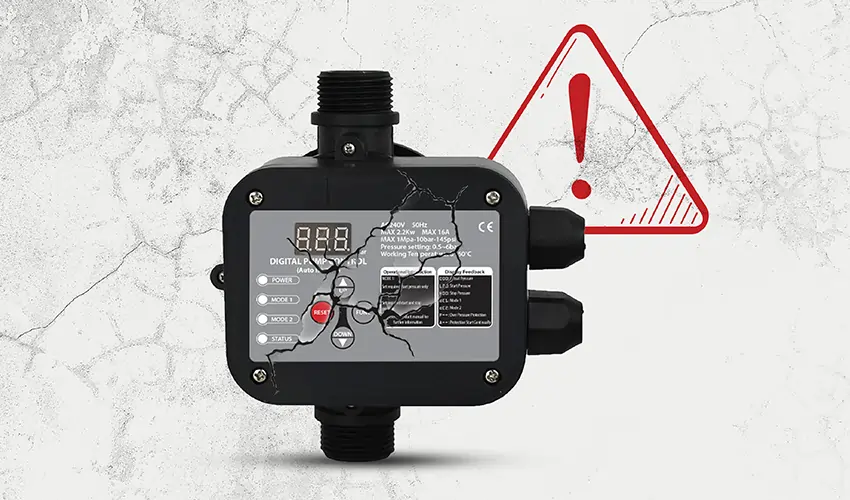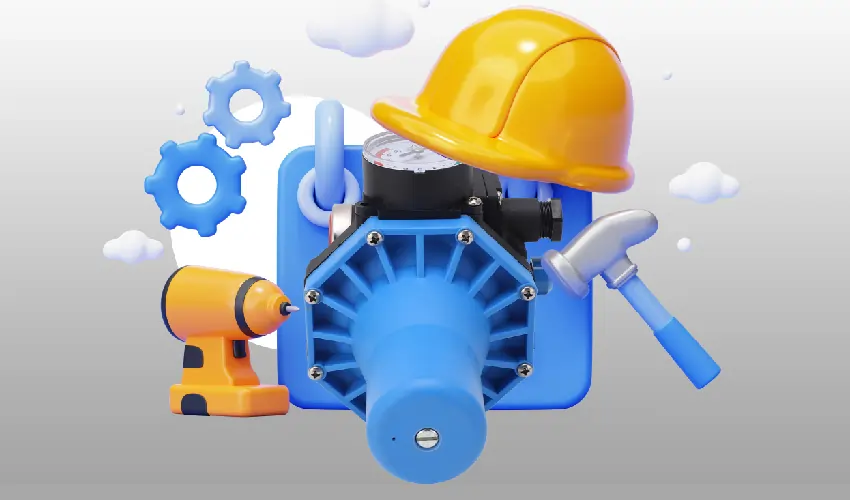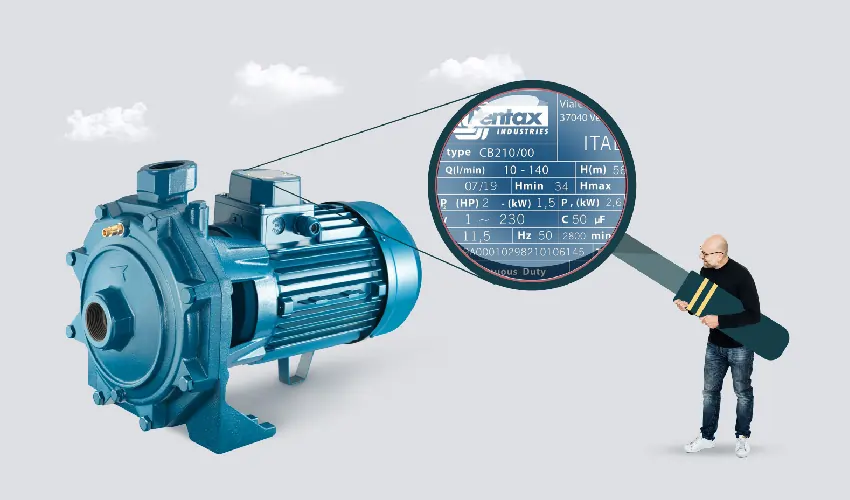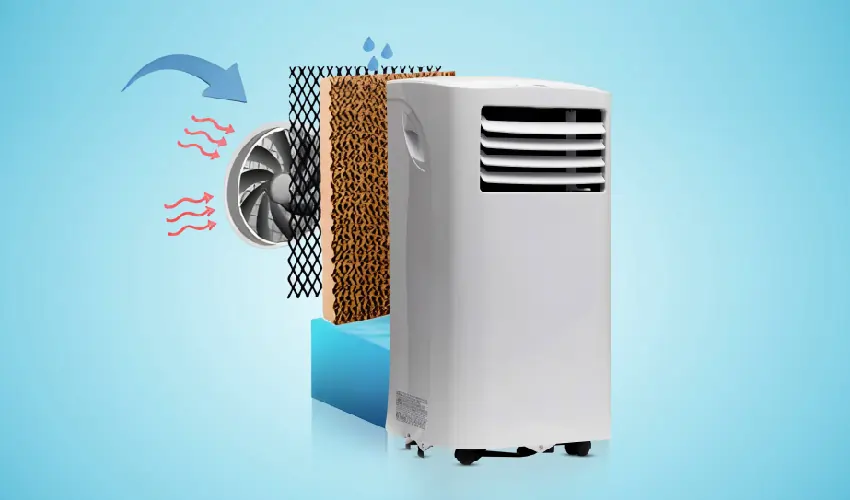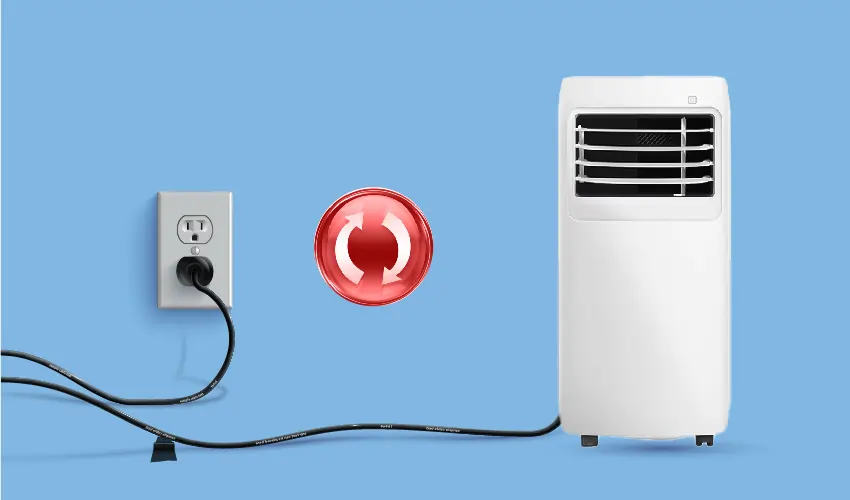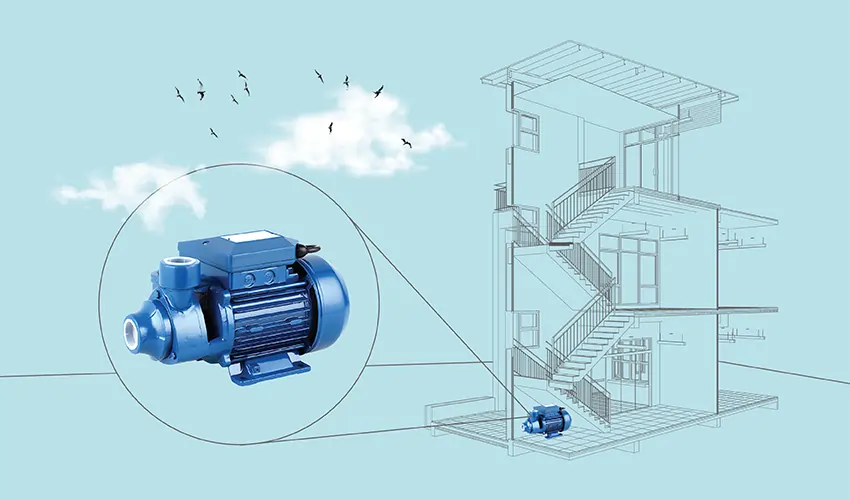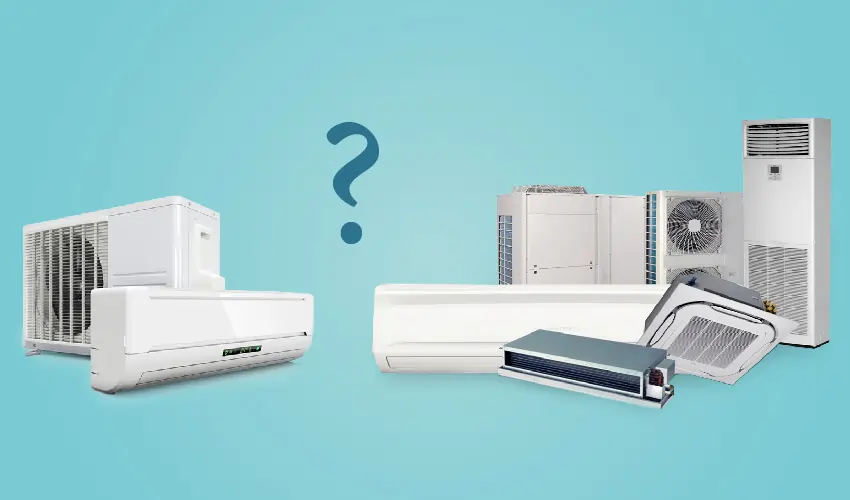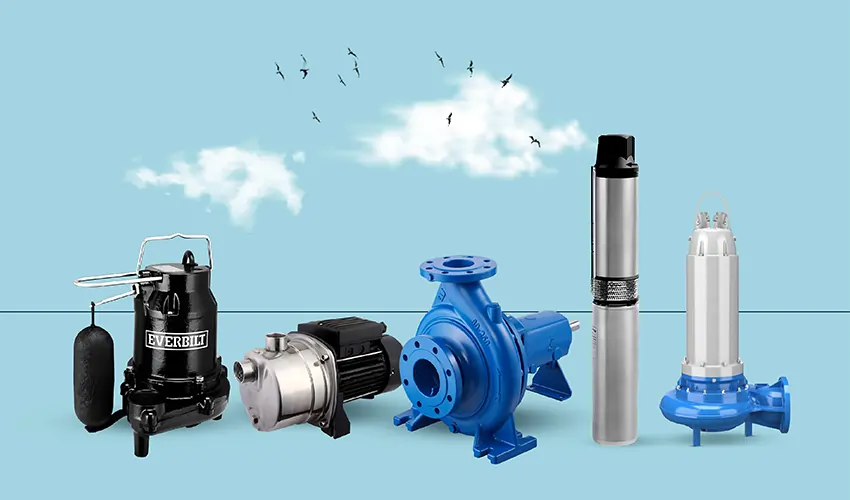Let’s delve deeper into the pros and cons of inverter portable generators to help you make an informed decision for your power needs.
What is Inverter Portable Generator?
An inverter portable generator is a type of portable power generator that utilizes an inverter technology to produce electricity. Unlike conventional generators, which produce AC (alternating current) power directly from the engine, inverter generators first produce AC power which is then converted into DC (direct current) and then back into clean and stable AC power. This process helps to regulate the voltage and frequency of the electricity produced, resulting in a more stable and consistent power output. The main advantage of inverter generators is their ability to produce clean and stable power that is safe for sensitive electronic devices such as laptops, smartphones, and medical equipment.
They are also generally more fuel-efficient and quieter than conventional generators, making them ideal for camping, RVing, outdoor events, and other recreational activities where noise and fuel consumption are concerns. Inverter generators typically come in a compact and lightweight design, making them easy to transport and store. They are available in a range of power outputs to suit different needs, from small portable models suitable for charging electronics to larger units capable of powering appliances and tools at job sites or during power outages.
What are the Pros of Inverter Portable Generator?
Inverter generators offer several advantages over conventional generators, including:
Clean and Stable Power: Inverter generators produce clean and stable electricity, making them safe for sensitive electronic devices such as laptops, smartphones, and medical equipment. This is due to the inverter technology, which regulates voltage and frequency to ensure a consistent power output.
Fuel Efficiency: Inverter generators are typically more fuel-efficient than conventional generators. They adjust the engine speed based on the load demand, running at lower speeds when the power demand is low, which conserves fuel and reduces operating costs.
Quiet Operation: In general, inverter generators are quieter than conventional generators. The engine speed is adjusted automatically based on the power demand, resulting in reduced noise levels, making them suitable for use in noise-sensitive environments such as campgrounds or residential areas.
Compact and Lightweight: Inverter generators are designed to be compact and lightweight, making them easy to transport and store. Their portability makes them ideal for outdoor activities such as camping, RVing, and tailgating.
Parallel Capability: Many inverter generators offer the option to connect two units in parallel, effectively doubling the power output. This feature provides flexibility and allows users to expand their power capacity when needed without investing in a larger generator.
Low Emissions: Inverter generators are known for their relatively low emissions compared to conventional generators. Some models are equipped with advanced engine technologies and exhaust systems to further reduce emissions and comply with environmental regulations.
Smooth Operation: Thanks to the inverter technology, inverter generators provide smooth and consistent power delivery, with minimal fluctuations or voltage spikes. This ensures the safe operation of connected devices and appliances.
What are the Cons of Inverter Portable Generator?
While inverter portable generators offer numerous advantages, they also have some limitations and drawbacks, including:
Higher Cost: Inverter generators tend to be more expensive upfront compared to conventional generators. The advanced technology and features, such as the inverter circuitry and fuel efficiency mechanisms, contribute to their higher price tag.
Limited Power Output: In general, inverter generators have lower maximum power output compared to conventional generators of similar size. While they are suitable for powering small to medium-sized appliances and electronics, they may not be sufficient for heavy-duty applications or large power demands.
Complexity and Maintenance: The inverter technology and electronic components in inverter generators can increase their complexity compared to conventional generators. This complexity may result in higher maintenance requirements and repair costs over time, especially if specialized electronic components need servicing or replacement.
Less Durability: Some users report that inverter generators may be less durable than conventional generators, particularly in harsh conditions or heavy usage scenarios. The electronic components and sophisticated engine control systems may be more prone to failure or damage compared to the simpler design of conventional generators.
Limited Fuel Options: Inverter generators often run on gasoline, which can be a limitation in certain situations where alternative fuel options are preferred or necessary. While there are dual-fuel models available, offering the option to run on propane or natural gas, these may come at a higher cost or have other trade-offs.
Complexity of Repairs: Repairing inverter generators may require specialized knowledge and skills due to their electronic components and sophisticated control systems. This can make DIY repairs more challenging and increase the reliance on professional servicing, which may be costly or inconvenient.
Less Power for the Price: In terms of raw power output per dollar spent, conventional generators may offer better value for users who prioritize maximum power capacity over features like clean power output and fuel efficiency.
Conclusion
The inverter portable generators are an excellent choice for users seeking fuel efficiency, quiet operation, and clean power, though they come with a higher price tag and limitations in power output.

